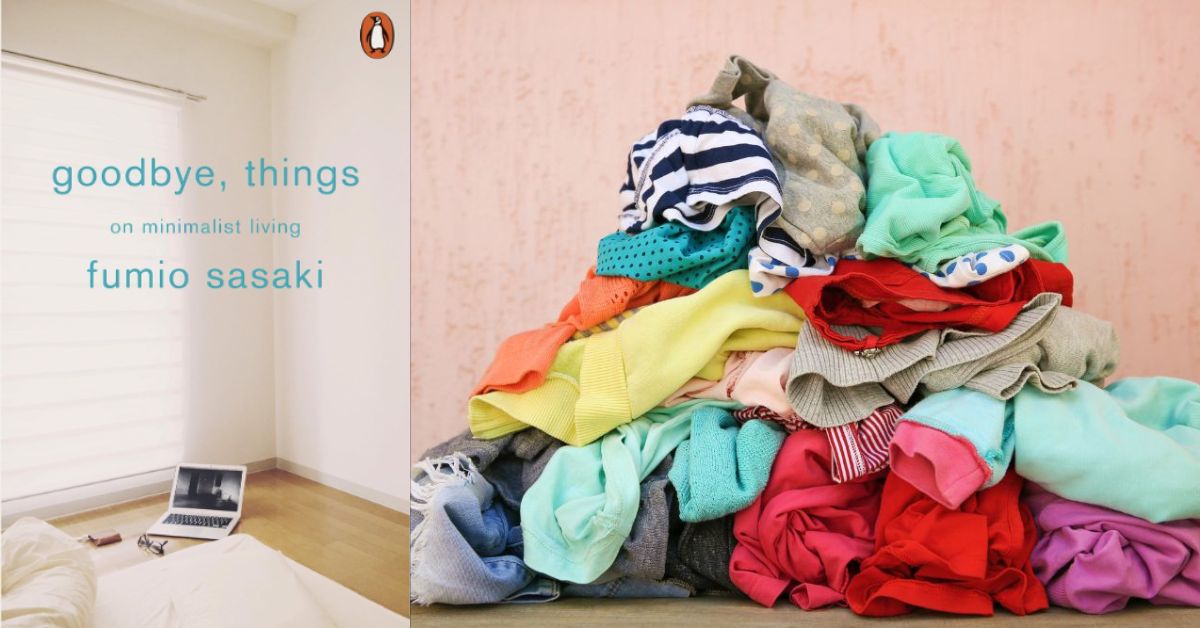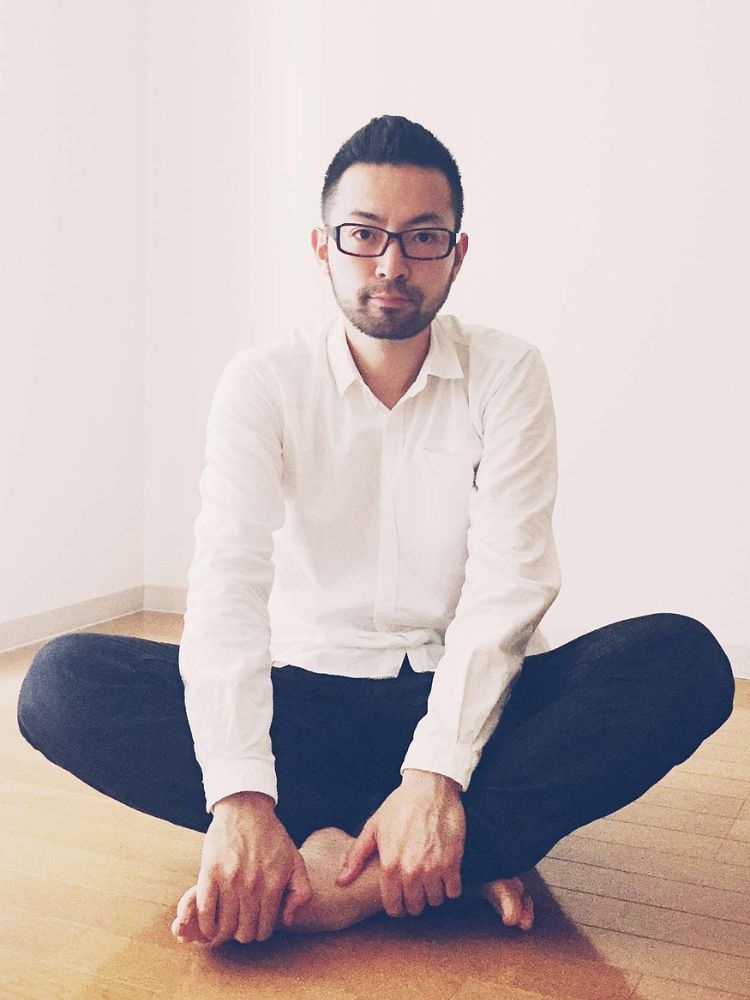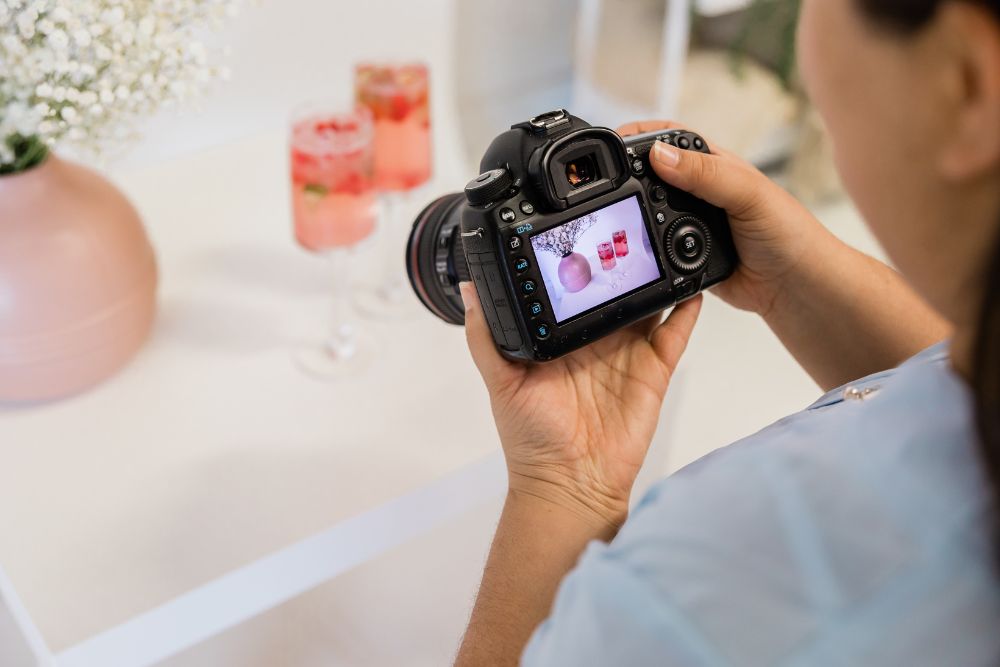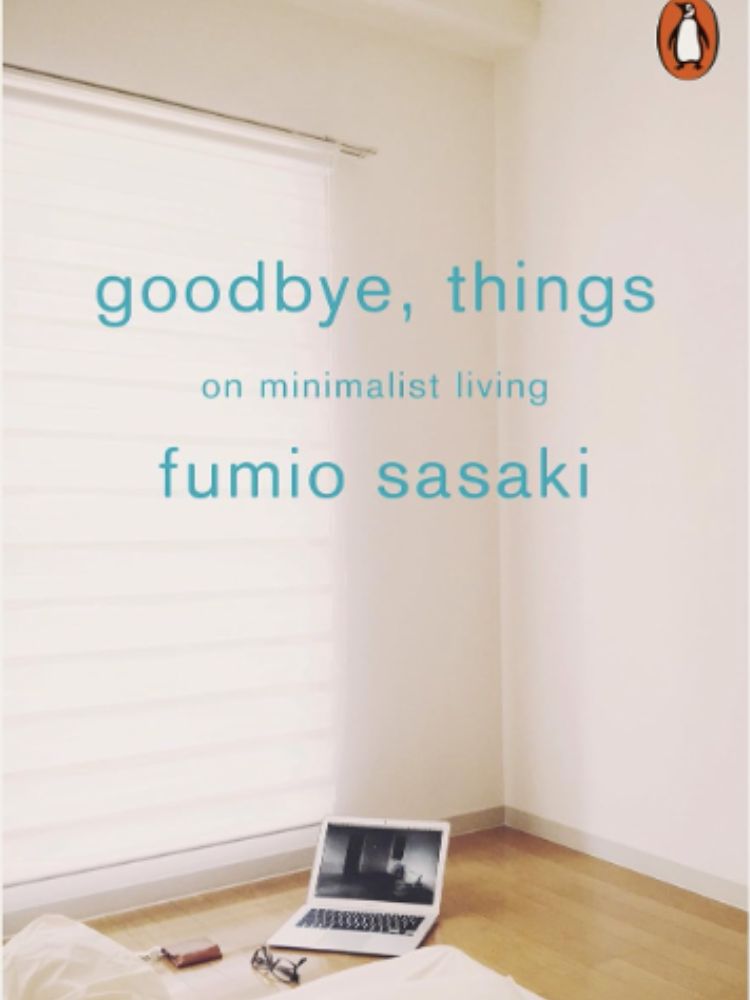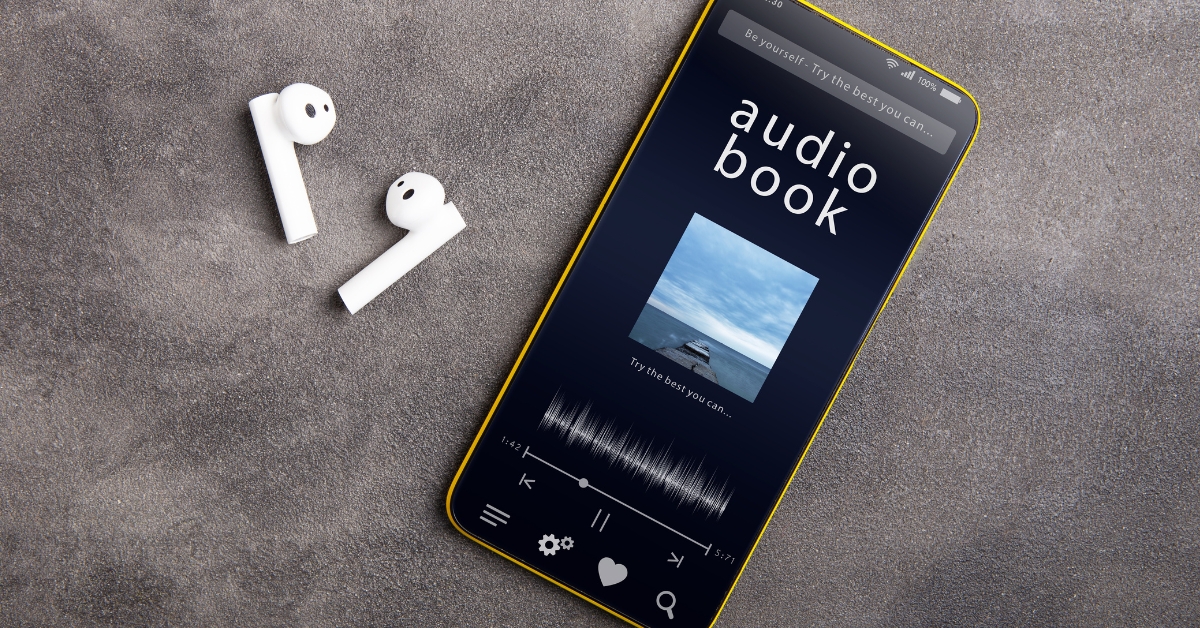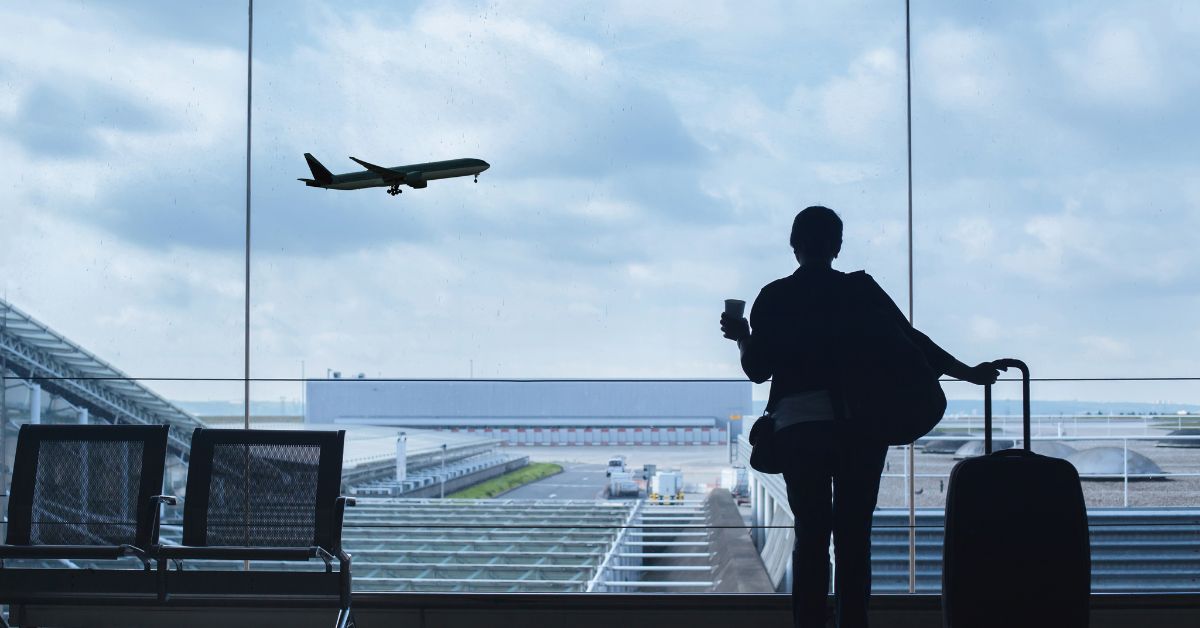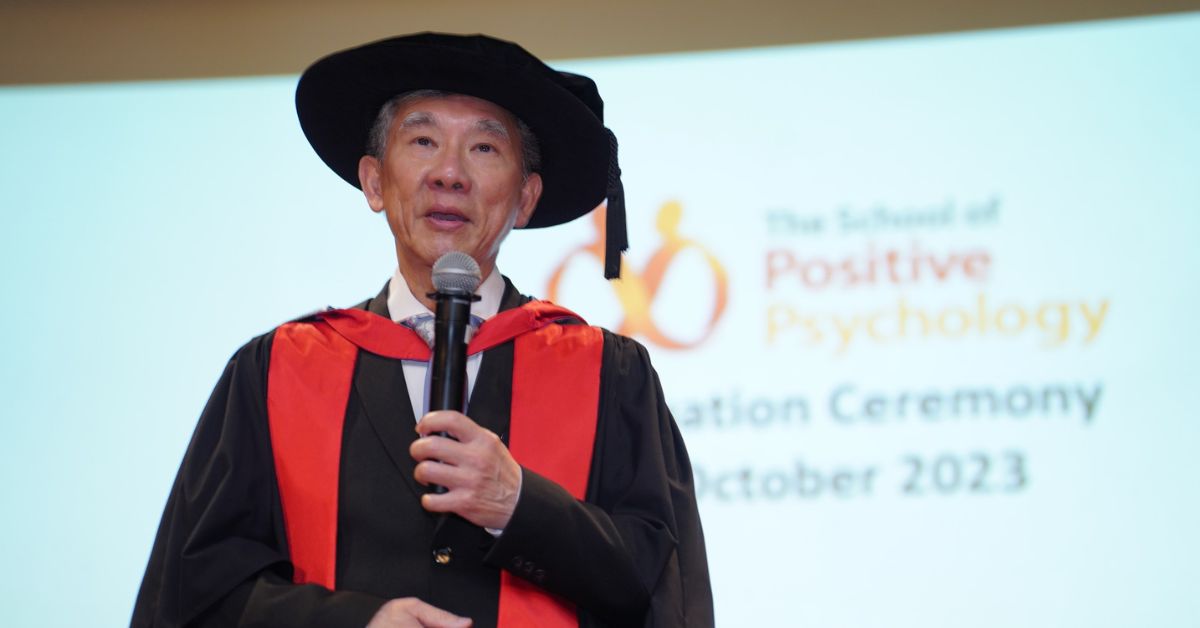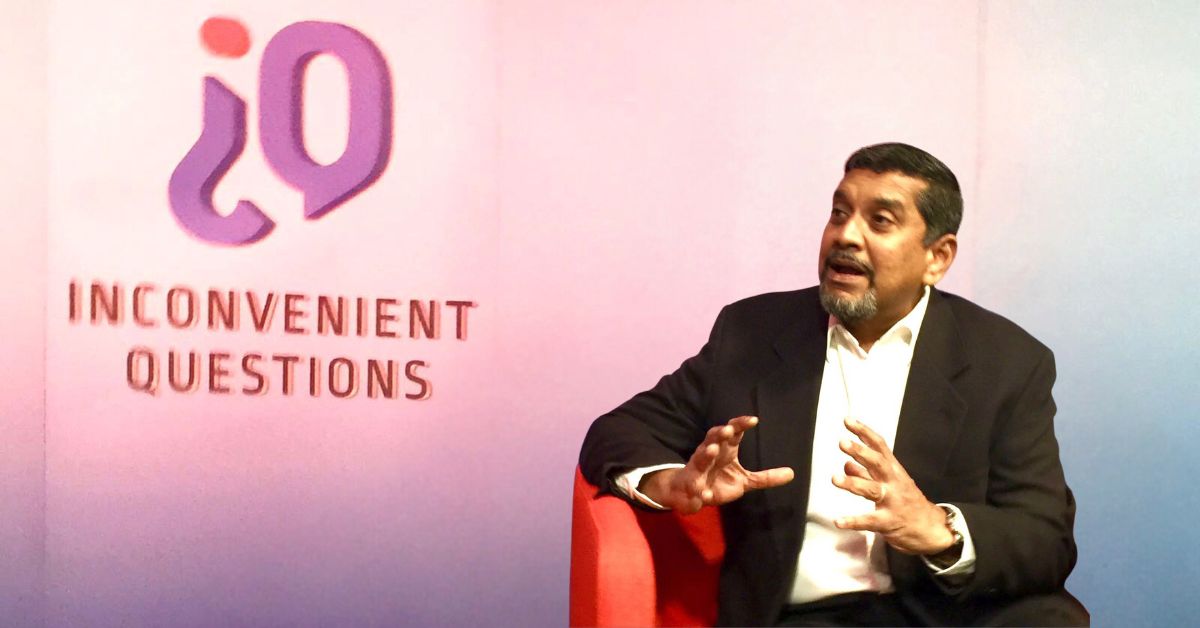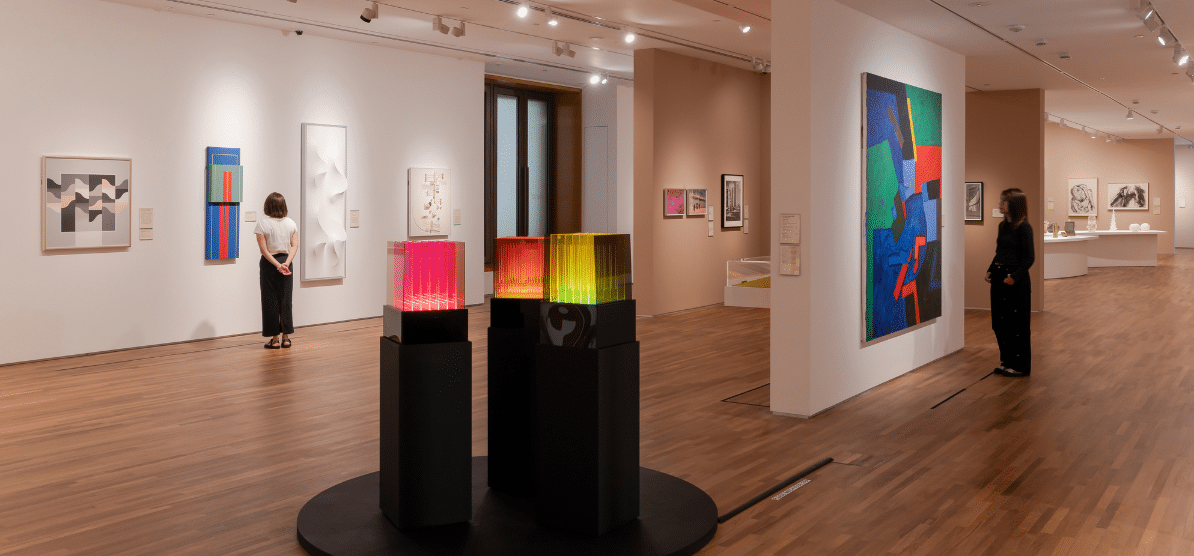While decluttering, these and other similar questions have been coming to my mind with increasing frequency for the past 10 years.
As I passed 50 and entered the 60s, my possessions have begun to bother me more and more. So, like countless other like-minded souls around the world, I began decluttering, letting go of things that serve no purpose except as memories or personal brand statements.
Sometimes I do it in big binges, or every day in small ways, and it’s always satisfying.
Naturally, I was excited to come across the book Goodbye, Things — on minimalist living at the Bedok library.
This leads him to share his own experience of living a certain lifestyle that was filled with possessions and clutter.
In the course of this, he shares his journey of questioning his own motivations.
He explores the reasons why we accumulate so much in the first place, followed by a solid list of 55 useful tips to help readers say goodbye to their things, and a list of 15 tips for the next stage of the journey to minimalism.
These two lists are in Chapter 3 but they’re thoughtfully repeated at the end of the book, so it’s easy to save a copy for reference.
Sasaki also shares the 12 ways he’s changed since he released his things, and discusses the difference between “feeling” happy and “becoming” happy. Think about it.
I like these lists, and the definite numbers, which reveal his clarity of thought and desire to share what he’s learnt in the most constructive way. I also like the ‘before’ and ‘after’ photos.
The ‘after’ photos look so calm and tidy, functional, requiring no decisions involving choices (which dish to use, which shirt to wear, which watch for today; and so on). They made me want to fully launch into going minimal!
Sasaki also shares images of living spaces of other minimalists, to make the point that even in the perceived limitations of this lifestyle, individuality and creativity can come to the fore.
For me, though, it is his philosophical questions that are the most powerful part of the book.
It’s not just about the physical act of getting rid of things you’ve accumulated. He points out that – as he did – it’s best to first dig deep to try and understand our impulse to accumulate.
If we can confront these questions, reflect on them and review our attitudes, we will be more successful in working toward minimalism, if we are so inclined. Even if we aren’t, we’ll certainly come away with some new insights about ourselves.
All these questions arise as Sasaki describes his ‘before’ life, the questions he asked himself, and the realisations that he made about himself. His key discovery was that the less he possessed, the happier he felt.
The cycle of acquisition, comparisons with others, insecurity, need for validation – all of it tapered off. His premise is that when one fully embraces life with only the bare essentials, there are no hooks for those tendencies to hang on.
Possessions are distractions, he says, and I agree. They use up time and energy (to keep clean, store properly, move around to make space for other possessions, display, and so on). The opposite idea is that it is liberating to live light, with little to weigh us down.
He writes, with pride, that he can pack up all his belongings within half an hour. If that doesn’t sound like freedom, I don’t know what does!
As Sasaki says, there’s no need to become a minimalist to the same extent as he does if you’re not ready or inclined, but you can start thinking about simplifying, and using his tip lists to help you get started.
It is written so that you don’t have to read the chapters in sequence. For instance, Chapter 3 is handy for anyone who’s thinking about reducing their possessions.
One great tip: Take photos of precious mementos, letters, significant photos. Store them in the cloud, so you can look at them wherever you are, and dispose of the physical versions.
I find the minimalist concept intriguing, living as we do in such a consumerist culture where symbols are important to so many and retail (and food) therapy fills voids and helps us deal with emotional issues. I have some additional considerations:
